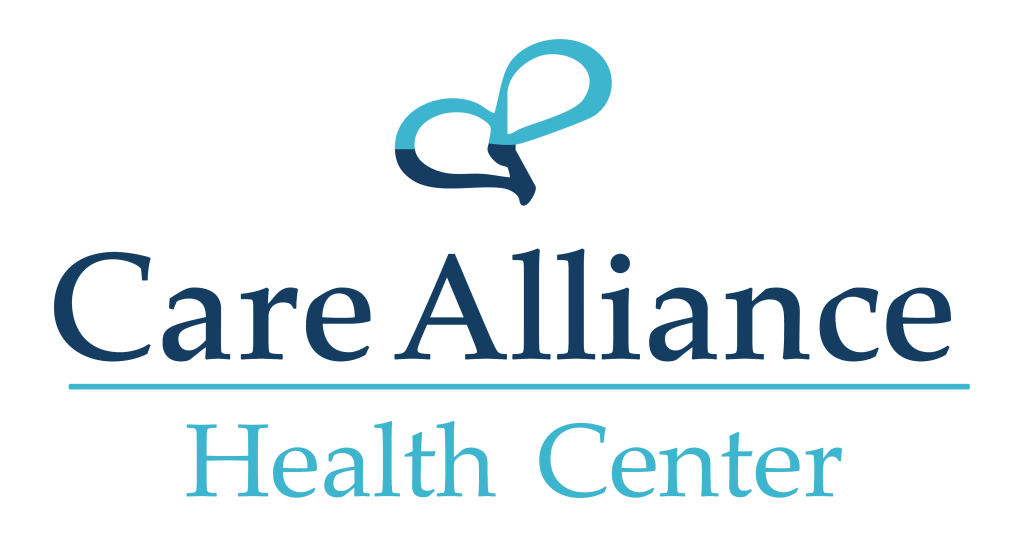When we think of heart health, we often focus on diet, exercise, and lifestyle choices. However, one of the most critical yet often overlooked components of cardiovascular health is the blood itself. As the lifeline of the body, blood carries oxygen, nutrients, and essential information throughout our system, influencing everything from energy levels to immune function. This American Heart Month, let’s explore the deeper connection between blood health and overall wellness.
Understanding Blood’s Role in the Cardiovascular System
The heart and blood work in harmony, ensuring that every organ receives the oxygen and nutrients it needs to function. The efficiency of this system depends on the health of the blood vessels and the nutrients in the blood circulating through them. Healthy blood flow prevents blockages, supports tissue repair, and helps regulate vital functions such as blood pressure and cholesterol levels.
When the circulatory system is compromised—whether due to high cholesterol, high blood pressure, smoking or other risk factors—the body begins to suffer the consequences. Over time, arteries may harden, blood vessels may become inflamed, and circulation may weaken, increasing the risk of heart disease, stroke, and other serious conditions.
The Connection Between Heart Health and Sexual Health
One area that often goes unaddressed in discussions about cardiovascular health is sexual health, particularly for men. Erectile dysfunction (ED) is frequently associated with poor circulation and underlying vascular issues. When men have one or multiple risk factors for heart disease, it can directly or indirectly result in reduced blood flow and lead to difficulties in sexual performance.
Many men first notice issues with erectile function before they ever receive a diagnosis for heart disease, high blood pressure, or diabetes. This is because poor circulation impacts smaller blood vessels earlier than it does larger ones. If blood isn’t reaching all areas of the body efficiently, it’s a sign that vascular health may be compromised.
In addition to circulation-related concerns, blood plays a crucial role in assessing reproductive and sexual health beyond function. Regular screenings for sexually transmitted infections (STIs), such as HIV, syphilis, gonorrhea, and chlamydia, are essential. Left untreated, these infections can have severe reproductive consequences, particularly for women who may experience complications with fertility.
Key Nutrients for Blood Health
While medical interventions play a role in managing cardiovascular disease, nutrition remains one of the most effective ways to support blood health naturally. Certain vitamins and minerals help maintain optimal blood function and circulation:
- Iron – Essential for red blood cell production, iron helps transport oxygen throughout the body. Iron deficiency can lead to anemia, causing fatigue, weakness, and poor circulation
- Vitamin B12 & Folate – These nutrients aid in the formation of red blood cells and help prevent conditions such as anemia and neuropathy.
- Omega-3 Fatty Acids – Found in fish, nuts, and seeds, omega-3s reduce inflammation in blood vessels, improving circulation and lowering the risk of heart disease.
- Antioxidants (Vitamin C & E) – These protect blood vessels from damage caused by oxidative stress, reducing the likelihood of arterial plaque buildup.
- Magnesium & Potassium – Crucial for maintaining healthy blood pressure, these minerals help regulate fluid balance and prevent blood vessel constriction.
The Impact of Hydration on Blood Flow
Staying hydrated is often underestimated in discussions about heart health, but it plays a crucial role in maintaining proper circulation. Long term and even short-term dehydration can make it harder for the heart to pump efficiently. When dehydrated, the volume of blood decreases which results in a lower blood pressure and forces the heart to beat faster in order to meet the body’s circulation needs. This can contribute to organ malfunction and failure as well as heart strain that leads to more severe heart disease like heart attacks.. Drinking enough water supports smooth circulation and helps flush toxins from the bloodstream, keeping the cardiovascular system running optimally.
Small Changes, Big Impact
Maintaining blood health doesn’t require drastic lifestyle changes—small, consistent efforts can make a significant difference. Simple habits like incorporating more leafy greens, nuts, and whole grains into meals, reducing sodium intake, quitting smoking, and engaging in regular physical activity can contribute to long-term cardiovascular wellness.
At Care Alliance, we encourage everyone to take proactive steps toward better heart health. Whether it’s a routine check-up, dietary adjustments, or increased physical activity, every action counts. By understanding the vital role blood plays in heart health, we empower ourselves to make choices that lead to longer, healthier lives.
Your heart is at the core of your well-being—let’s give it the care it deserves.




